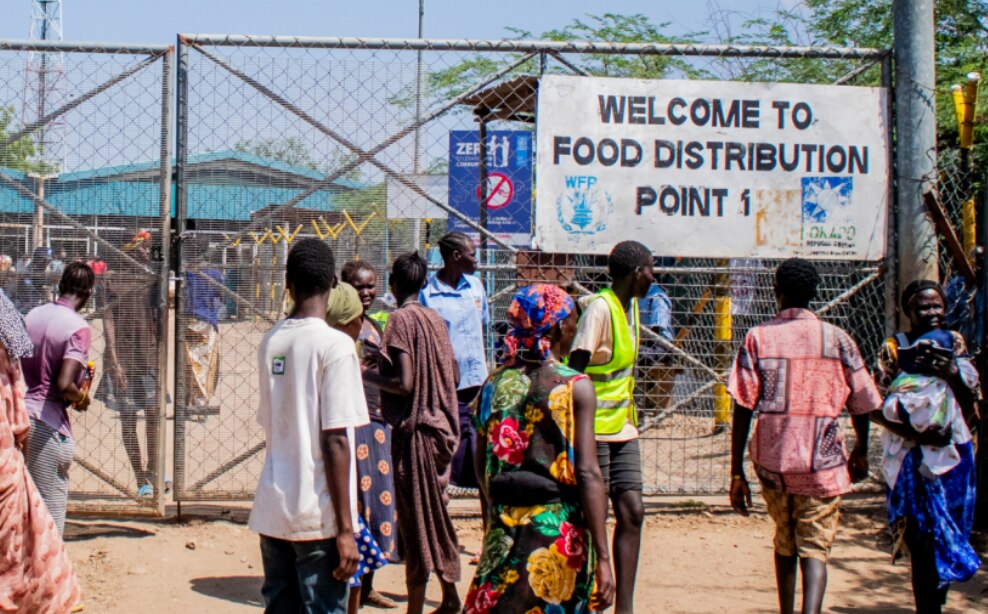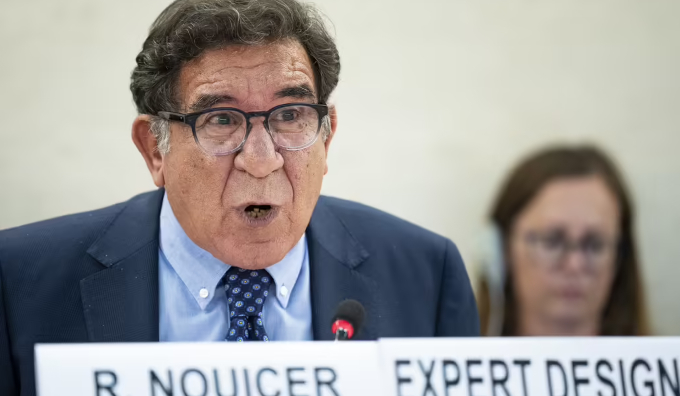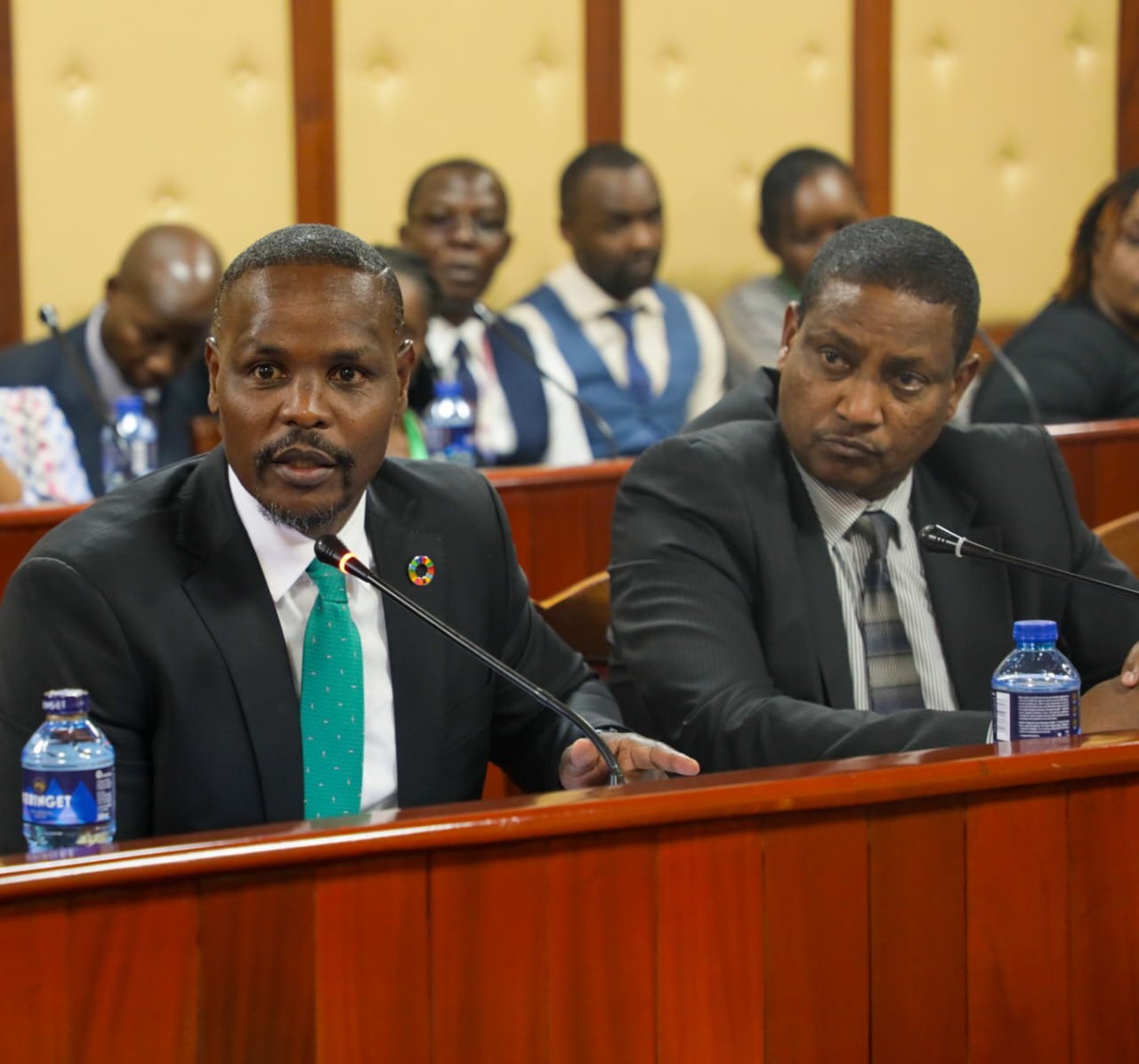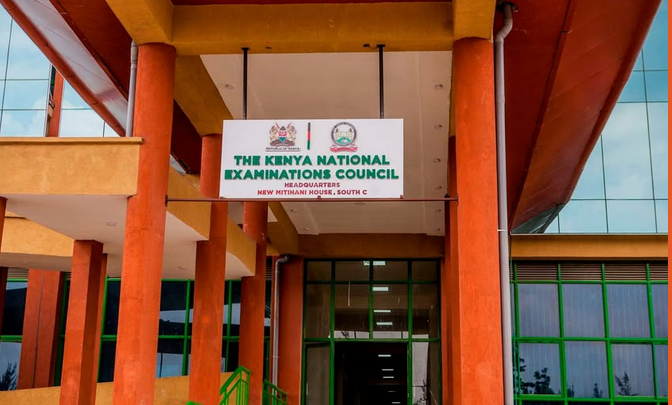Audit reveals Sh1.6b spent by Land Fund without resettling Kenyans
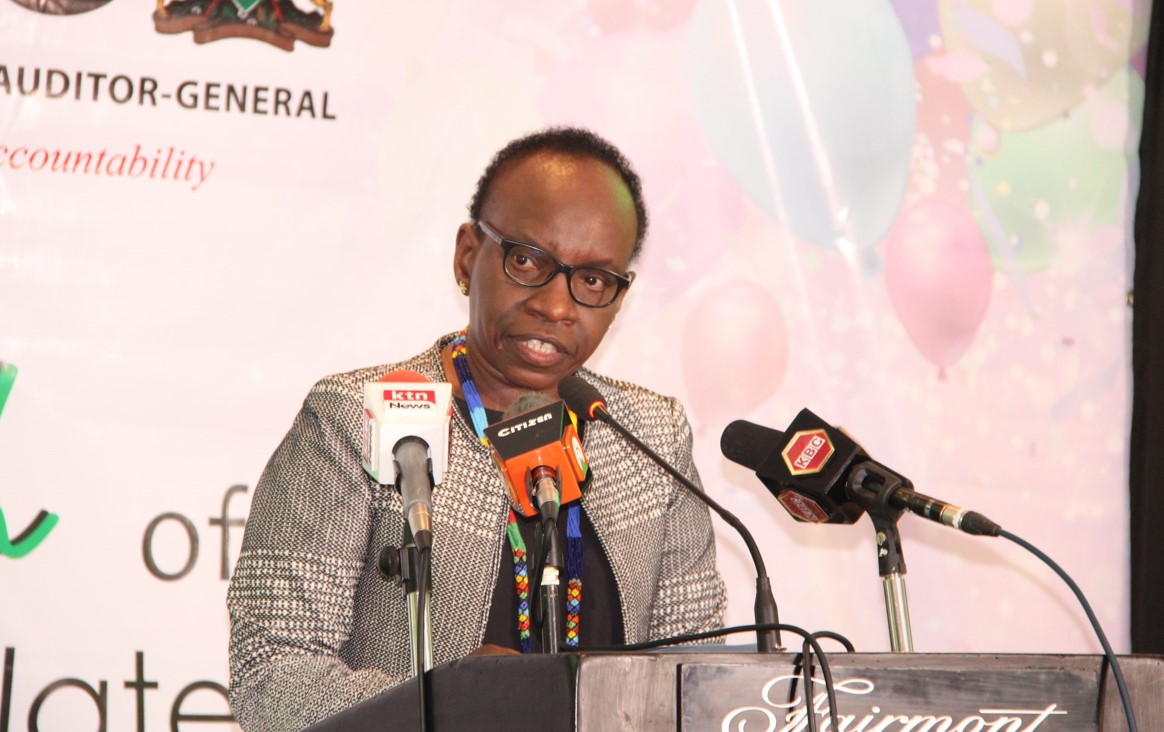
These delays leave thousands of Kenyans, including internally displaced persons (IDPs), squatters, and families living in extreme poverty, in a state of limbo.
The Auditor General has revealed that a fund established over a decade ago to address Kenya’s landlessness crisis has spent Sh1.6 billion with no tangible resettlement to show for it.
In a damning report covering the financial year ending 30 June 2024, Auditor General Nancy Gathungu said the Land Settlement Fund, created in 2012, has failed in its core mandate to purchase and allocate land to displaced and landless Kenyans.
More To Read
- Auditor General Nancy Gathungu lays bare financial, governance crisis at NYS
- Auditor General blames underfunding for Kenya's poor global audit ranking
- Judiciary paid Sh14 billion in staff compensation without records for 2,180 employees - Auditor General
- Auditor-General exposes widespread waste, irregularities in government spending
- Auditor General raises alarm over lack of legal backing in Huduma Kenya operations
- Report recommends granting punitive powers to Auditor-General and Controller of Budget
"Despite the huge expenditure, no Kenyan has been resettled on the land acquired using these funds,” Gathungu said. “In the circumstances, the objective for which the parcels were acquired and value for money had not been achieved.”
The audit highlights four major land parcels bought at great expense but still lying idle, including the Kisima Njoro property in Nakuru County a 1,112-acre farm purchased in 2012 for Sh396.9 million to resettle victims of the 2007/08 post-election violence. Twelve years later, not a single beneficiary has been allocated land.
“At the time of the audit in November 2024, the land had not been surveyed or subdivided, and the beneficiaries had not been settled,” said Gathungu.
The situation is mirrored elsewhere. In Kilifi County, the Mikanjuni Farm, acquired in 2020 for Sh377 million, remains unoccupied, despite a verified list of beneficiaries. Similarly, only a portion of the larger Mazrui Farm, purchased in 2022 for Sh445.4 million, has been distributed. Meanwhile, the Kadza Ndani plot in Mombasa, bought for Sh378 million, is yet to host the informal settlers it was intended for.
These delays leave thousands of Kenyans, including internally displaced persons (IDPs), squatters, and families living in extreme poverty, in a state of limbo.
“The continued failure to settle people not only undermines justice for the displaced but also deepens generational poverty among landless communities,” Gathungu noted.
The report also criticises the fund’s management for systemic weaknesses, including a failure to implement past audit recommendations and a lack of accountability. “The issues remain unresolved and management did not provide an explanation for the failure to implement recommendations,” it states.
Gathungu flagged Sh6.6 billion in outstanding loans, with accrued interest reaching Sh5 billion. “Management did not have a clear policy on evaluation and management of accounts receivable,” she warned.
Top Stories Today
- Kenya adopts new media code, ushering in stricter AI and child protection rules
- Search continues for missing Watamu brothers lost at sea amid calls for rescue boats
- Sudan calls for end to UN probe on war crimes
- Comesa watchdog probes airlines for withholding refunds on cancelled flights during Covid-19 pandemic
- One dead, two officers injured as protests rock Kakuma refugee camp
- 2024 KCSE learners urged to explore TVET as alternative route to jobs, entrepreneurship

